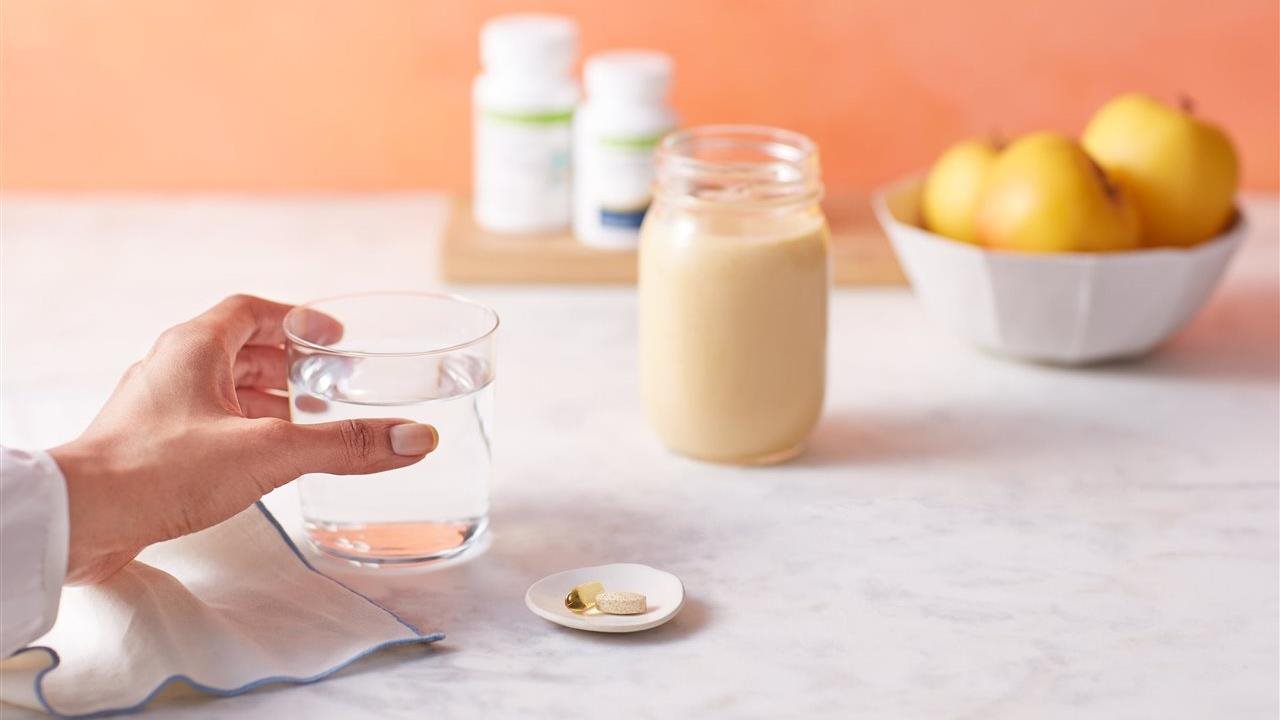
(BPT) – As more people focus on their health with goals to boost their immune system and improve fitness, diet is center stage. Eating healthy, well-balanced meals supports overall wellness, but it’s not always easy to get all the vitamins and nutrients you need.
Whether it’s to fill gaps in diet or a meal replacement option, there are a variety of products to support a healthy and active lifestyle. Some might argue there are too many, causing confusion for consumers on what they really need and what’s actually effective.
How can you feel confident in a supplement’s claims? Consider this expert insight from Kristy Appelhans, doctor of Naturopathic Medicine and vice president of Global Consumer Safety for Herbalife, a leader in the dietary supplement market.
1. Review ingredients
The first step is to identify a brand of interest and review the ingredients of the product to make sure they are well-suited for your nutritional goals.
It is also helpful to explore the Company’s FAQ or customer support portal online for additional information. Some good things to know include:
- How ingredients are sourced
- Manufacturing process of products
- If the product is compatible with your specific conditions, dietary restrictions or other preferences
- Additional ingredients that you should be aware of such as those identified in allergen disclosure statements or cautionary wording on the label
- Certifications, logos and other product label claims
Transparency is key. A credible brand should be open and honest about these points and your other questions. Lack of this information or non-response to your inquiries is a red flag that you should continue your research elsewhere. You can also discuss questions you have about ingredients or products with your doctor.
2. Evaluate brand reputation
The market is filled with new nutrition products that promise compelling results. However, these claims can be inflated or misleading. Before adding a new product to your diet, take the time to research the company you are purchasing from.
Here are some questions you should ask:
- How long has the company been in business?
- Does it have a reputable group of advisors, such as a science-backed advisory board?
- Are they meeting or exceeding expectations for current Good Manufacturing Practices (cGMP)?
- Has the company been a recipient of any industry awards or recognition for product quality, research or customer service?
- Do they stand behind their products with a guarantee?
It’s important to use products from a company with a long history of results and commitment to quality standards.
3. Be critical
Reading health articles and other information online is smart, but it’s important to be critical and search for the truth. Sometimes researchers have a predisposed bias, which can be detrimental to a product’s reputation and misinform consumers.
For example, in 2013 a group of independent scientists set out to prove that hepatotoxins, which cause liver disease, would be found in Herbalife products. Their research did not prove their hypothesis, but instead, they had to conclude in their publication that they did not see any association between liver disease and the company’s products, based on their study results.
4. Compare options
Supplements today come in many forms, including pills, protein shakes, nutritious snacks and beverages. After you decide which are best for your needs and lifestyle, it’s time to dig in to learn more about testing, processing and sourcing for each option.
Take time to explore the company’s level of testing they do with their ingredients, the third-party verifications (such as NSF and ISO), and their manufacturing transparency. Sourcing is critical in ensuring that your supplements, vitamins and other nutritional products are created with care.
Adding supplements or other nutritional support to your diet can help you reach your wellness goals. By taking these steps, you’ll learn more about what you’re putting into your body to ensure it’s what you need to feel your best. Learn more at IAmHerbalifeNutrition.com.
